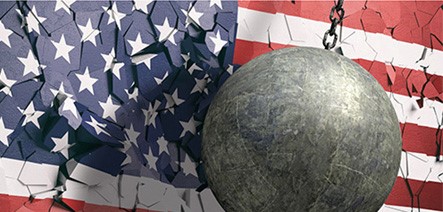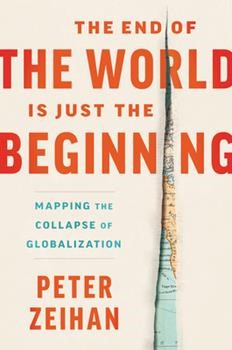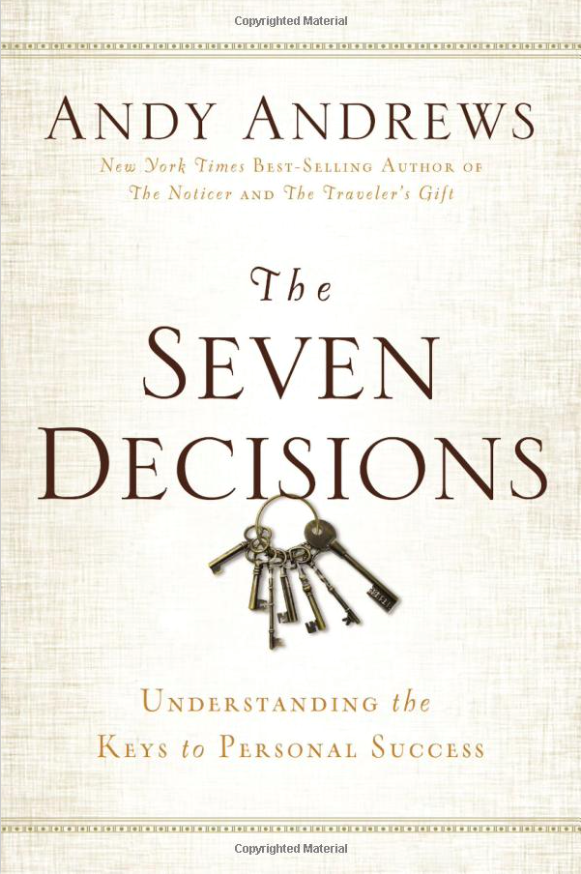United We Stand

United We Stand
(or not)
Two tribes vie for control of contemporary American culture. Both are equally convinced they can make America a better place. Both are equally certain they alone have the answers. Both will be equally liable for our demise if they refuse to put aside their self-centered motivations and come together as one.
The United States is founded on two guiding principles – democratic freedom and Capitalism. Members of one tribe fervently embrace these founding principles, primarily because they’ve achieved success and satisfaction within the system. Members of the second tribe question both the founding fathers and the “unfairness” of a system in which they see themselves as neither successful nor satisfied.
The Tribe of Great Power
These folks have embraced Capitalism and American culture. Some come from old money, having inherited the Boardwalks and Park Places on our financial gameboard through no merit of their own. Others, having created innovative products or services, earned their financial rewards. Others still, are exploiters who have slyly manipulated the loopholes of Capitalism for their own gain.
None of these tribe members are intimidated. They assume their money, and the power it buys, are the ultimate protections. After all, they embrace a socio-economic system that has proven to be superior to all others. “America, Love It or Leave It.” is their motto and they have the political, financial, and military power to maintain control.
The Tribe of Great Resolve
Many in this tribe are idealists, disturbed by inequities (both perceived and real) that surround them. Some are dissatisfied thinkers who want to change the outcomes of a history they find untenable. Some are angry loners, looking for someone to blame for their unhappiness. Some are just Hell-raisers, exploiting an unstable situation.
Regardless of their reasons for tribal affiliation, this tribe is the more diverse and consequently, the less cohesive. They’re often searching for a common cause and struggling to maintain a unified plan of action. Nonetheless, they are dedicated to one thing – change.
The Flames of Disharmony
Two critical differences in perspective dominate the war of ideals between these tribes. One is the negative perception of the founding fathers, especially their acceptance of slavery. The second is the perceived financial chasm between the wealthiest one percent and the poorest ten percent of our society.
Regarding the first issue, I ask, “Can good people do bad things (or vice versa)?” Proliferation of slavery in the Western world was one of the great evils of its time. The question is, “Does the fact that some of our founders embraced the evil of their day, negate everything good that they and the remainder of the founders accomplished?” If your answer to that question is “yes” then I suggest you engage in some unflinching introspection to determine if your own misdeeds negate everything good you’ve ever done.
Second, is the playing field tilted in favor of the wealthy? Yes, unquestionably. Can that be corrected? Socialism won’t fix it because the financially successful will just find somewhere else to store and spend their millions. Taxation won’t fix it for the same reason. Armed insurrection won’t fix it because all that money is accompanied by a predominance of military power.
For an eye-opening treatise on financial disparities, I highly recommend reading “Discrimination and Disparities” by world-famous economist Thomas Sowell.
Our Greatest Threat
To quote Os Guinness, “The greatest threat to freedom is freedom itself.” To the extent that we confuse freedom with autonomy, we are undermining the very freedom we cherish. The proliferation of our freedom depends entirely on our willingness to voluntarily forego any of our own freedoms that infringe on our fellow citizens. Every time our government steps in and grants “rights” to one group of people, it does so at the expense of some other group. More important, by the act of granting those so-called “rights”, our government usurps the very freedom it was founded to protect.
Unless we bring the warring tribes to a point of cultural compromise, we’d better celebrate this July 4th like it’s our last because it may well be. I’m a firm believer that — based on our historical contributions to science, industry, medicine, technology, and philosophy — this country is head and shoulders above any other despite our flaws. I also realize that based on our cultural schisms, this country could commit suicide with the greatest of ease. Want to convince me otherwise? Just hit “Reply”.
“A hero is someone who understands the responsibility that comes with his freedom.”
― Bob Dylan

Did someone forward this newsletter to you after reading it themselves? Don’t settle for that!
CLICK HERE
to get a fresh, unused copy of this
newsletter sent directly to you every Sunday morning.
If you decide it stinks, you can always unsubscribe.
 More Food for Thought
More Food for Thought
The End of the World is Just the Beginning
— Peter Zeihan
Economics guru and geopolitical strategist Peter Zeihan predicts the coming breakdown of globalization, identifying who will benefit and who will lose. In this book, he does more than “simply” explain how we got to where we are. He maps out the next world: a world deglobalized. Region by region. Country by country. Industry by industry. A world ending. A world beginning. Zeihan brings readers along for an illuminating (and a bit terrifying) ride packed with foresight, wit, and his trademark irreverence.

The Seven Decisions
— Andy Andrews
In this revised and repackaged version of Mastering the Seven Decisions, master storyteller and life coach Andy Andrews has fast-forwarded the concept of success and what it takes to make it stick by seeking out what separates the ordinary life from the extraordinary. Life, which was once a struggle, now becomes an exciting adventure!












